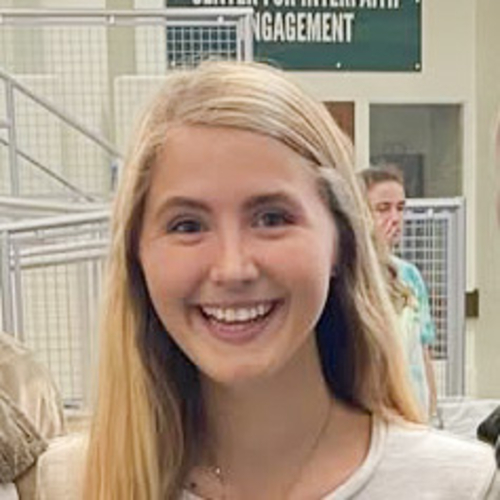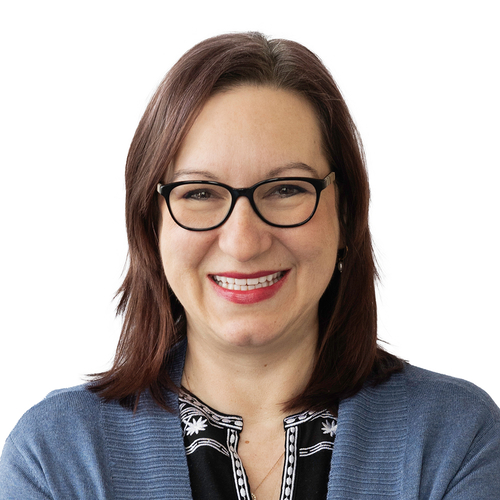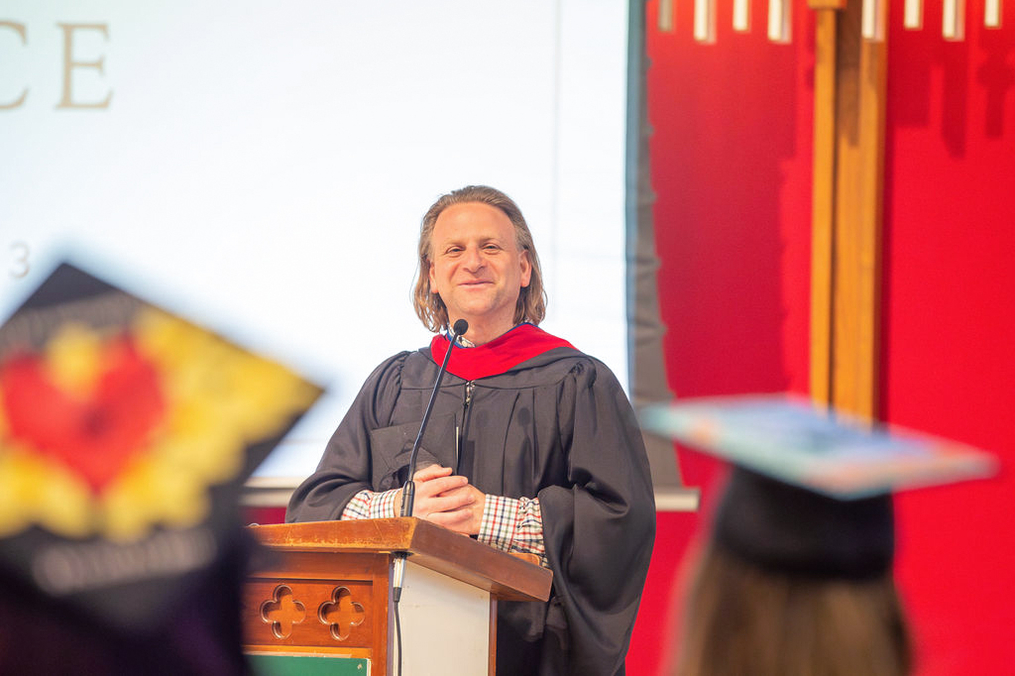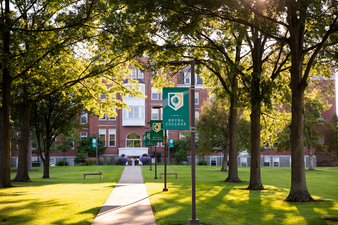Reading and writing are core skills – essential for academic success and lifelong growth. But across New York state, more than a quarter of elementary students are falling behind.
Keuka College’s MS in Literacy (All Grades) program is built to meet that challenge. Grounded in the latest science of reading, it prepares educators to lead literacy interventions, coach colleagues, or apply research-based strategies in their own classrooms.
The science of reading isn’t a single method – it’s a wide-ranging field of research spanning linguistics, psychology, neuroscience, and education.
Below are five key insights that students in the program are learning – and putting into practice to make a difference.
1. Literacy Goes Beyond Reading
Reading is just the beginning. Today’s students need a wide range of communication skills – not just to succeed in school, but to fully participate in a fast-moving, digital world.
That’s why the New York State Department of Education currently defines literacy as more than just reading and writing. It includes speaking, listening, creating, and sharing ideas across many formats – and with many different audiences.
At Keuka College, literacy is taught in its broadest sense – as a dynamic skillset that empowers students to understand the world around them, express themselves clearly, and connect meaningfully with others. Whether our graduates go on to teach in rural districts or urban centers, they’ll be ready to support learners in every kind of classroom.

“Keuka College’s MS in Literacy program equipped me with the knowledge and skills I needed to secure a position immediately after earning my degree.”
2. It Starts with Sounds
Long before students can read fluently, they need to understand how spoken language works. That begins with phonemic awareness – the ability to hear and play with the individual sounds in words.
In early childhood classrooms, teachers build this skill through songs, rhymes, movement, and hands-on games that help children connect sounds to meaning.
From there, students move into phonics – learning how letters represent sounds and how those sounds form words. Step by step, they begin to decode language, building a toolkit they’ll use for the rest of their lives.
By third grade, students are expected to decode longer words, identify prefixes and suffixes, and recognize irregular spellings – all grounded in the foundational sound work that started back in pre-K.
3. Writing Strengthens Reading
Reading and writing are closely connected – when students build skills in one, they grow in the other. From the earliest grades, writing helps students think more critically about what they’re reading and how it’s written.
In elementary classrooms, students might write letters, book reviews, posters, or short reflections – each one an opportunity to organize thoughts and practice clear communication.
At Keuka College, MS in Literacy students learn how to support writing across genres, audiences, and purposes – and how to make space in the curriculum for writing that deepens reading skills.
4. Learning Continues Through the Teen Years
In middle and high school, literacy learning expands in both depth and complexity. Students begin to take more ownership of their ideas – learning to analyze, synthesize, and communicate across a range of formats and subjects.
In today’s classrooms, that might mean writing an essay that draws from both a news article and a primary text, designing a public service poster after studying historical examples, or preparing for a debate by combining research from interviews, videos, and written sources.
At Keuka College, future literacy specialists explore how to support these more advanced skills, helping students sharpen their critical thinking, express themselves clearly, and engage with the world as informed readers, writers, and citizens.

“Working with teachers and teacher candidates has been a lifelong dream and a very rewarding career.”
5. Literacy and Social Skills Grow Together
Strong literacy instruction doesn’t just build better readers and writers – it helps students grow into thoughtful, empathetic people.
In classrooms led by Keuka College–trained educators, reading and writing often go hand in hand with social-emotional learning. Teachers might use daily check-ins to create a caring environment, choose diverse books to spark empathy, or prompt students to reflect on how a story connects to their own lives.
Activities like group discussions and partner reading also give students space to practice listening, collaborating, and respecting different perspectives – all while strengthening their literacy skills in the process.
Rewrite What’s Possible.
The demand for skilled literacy educators is growing – and so is the opportunity to make a difference. Join a community of dedicated Pre-K-through-grade 12 teachers at Keuka College and take your impact to the next level.











